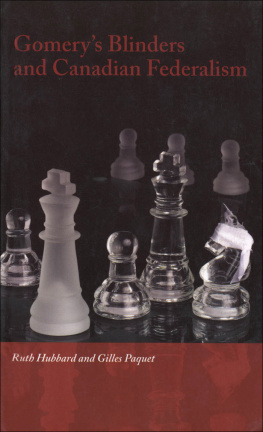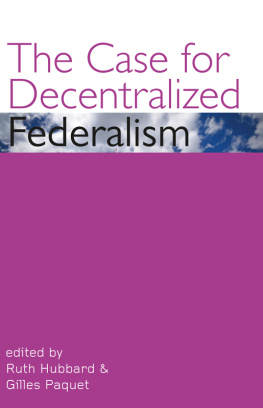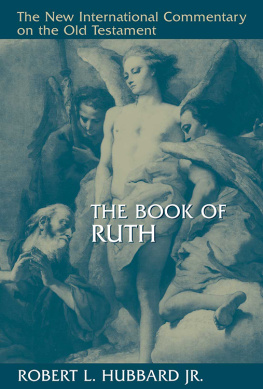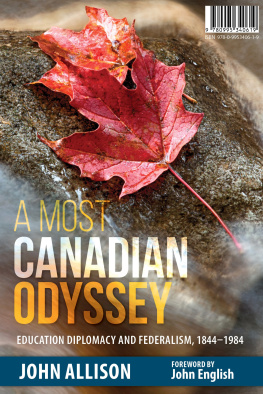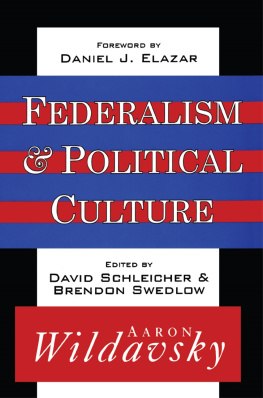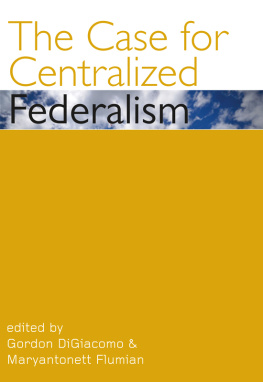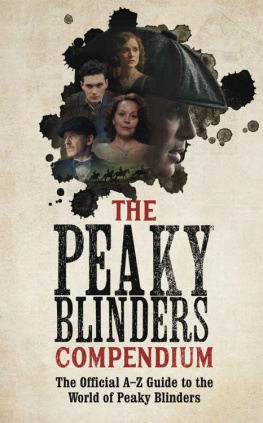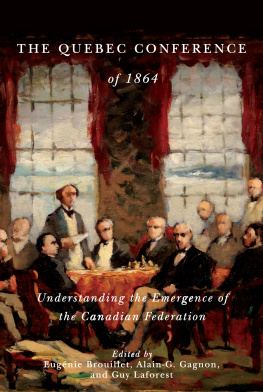The University of Ottawa Press gratefully acknowledges the support extended to its publishing programme by the Canada Council for the Arts and the University of Ottawa.
We also acknowledge with gratitude the support of the Government of Canada through its Book Publishing Industry Development Program for our publishing activities.
Library and Archives Canada Cataloguing in Publication
Hubbard, Ruth, 1942-
Gomerys blinders and Canadian federalism / Ruth Hubbard and Gilles Paquet.
Includes bibliographical references and index.
ISBN-13: 978-0-7766-0641-5
ISBN-10: 0-7766-0641-7
1. Canada. Commission of Inquiry into the Sponsorship Program and Advertising Activities. 2. Sponsorship Scandal, Canada, 1997-. 3. Federal government Canada. 4. Federal-provincial relations Canada. 5. Canada Politics and government 1993-2006.
I. Paquet, Gilles, 1936- II. Title.
JL86.P8H82 2007 352.7480971 C2006-906886-0
All rights reserved. No parts of this publication may be reproduced or transmitted in any form or by any means, electronic or mechanical, including photocopy, recording, or any information storage and retrieval system, without permission in writing from the publisher.
Copy-editing: Dallas Harrison
Cover design: Kevin Matthews
Typesetting: Brad Horning
Proofreading: David Bernardi
Cover photograph by: James Norminton
Published by the University of Ottawa Press, 2007
542 King Edward Avenue, Ottawa, Ontario KIN 6N5
press@uottawa.ca / www.uopress.uottawa.ca
Typeset in Palatino Linotype 10/12
Printed and bound in Canada
CONTENTS
[T]hese efforts have failed because their creators were unable to break out of the cultural assumption of the inevitability of the bureaucratic mode of organization.
Virginia H. Mine (1977)
blinder
Pronunciation: blln-d&r
Function: noun
1: either of two flaps on a horses bridle to keep it from seeing objects at its sides
plural: a limitation or obstruction to sight or discernment
Merriam-Websters
Online English Dictionary
INTRODUCTION
A little neglect may breed great mischief for want of a nail the shoe was lost; for want of a shoe the horse was lost; and for want of a horse the rider was lost.
Benjamin Franklin (1758)
It began in such a small way, with a federal cabinet minister asking the Office of the Auditor General, in late winter 2002, to look into the circumstances surrounding three small Canadian government contracts given to a Montreal firm (Groupaction), between 1996 and 1999, for sponsorship activities in Quebec. These activities had blossomed in Quebec at the time following the narrow victory of the federalist forces in the 1995 referendum on Quebec secession. Sponsorship activities were to increase the visibility of the federal government in Quebec, thereby purporting to celebrate the benefits of federalism.
The 1995 referendum had been held as a result of a certain malaise among a plurality of Quebeckers about the existing institutional order and about the ways in which the federation was run. On the occasion of the referendum, a substantial number of Quebeckers had expressed dissatisfaction with an overcentralized federal system that did not allow Quebec to exercise the full range of public powers needed to ensure the maintenance and progress of Quebec as a distinct society.
The auditor generals report revealed serious administrative irregularities. As a result, in early 2004 when the report was tabled, the Martin government decided that matters were serious enough to require a public inquiry. The resulting inquiry by Justice John H. Gomery was given a broad mandate: to investigate and report on questions raised, directly and indirectly (Gomery 2006, 207; emphasis added), by the audit. One might reasonably have expected that this inquiry would not focus narrowly on possible administrative misappropriation of some federal funds for sponsoring publicity events but would also examine the sources of the unease that had forced the Canadian federal government to indulge in these kinds of social marketing activities. Those perceived inadequacies of the existing federal system were obviously questions raised indirectly but sharply by the sponsorship affair.
Justice Gomery chose not to deal with these broader issues. As a result, he neither shone any light on the brand of Canadian federalism that appears to have become increasingly unable to deal effectively with citizens expectations nor helped Canadians to start down the path toward a fundamental transformation of the Canadian political system likely to tame the restiveness that now roils just below its surface.
The Gomery saga covers a two-year period (2004-2006) during which Justice Gomery conducted a kind of one-man-show investigation that was carried live on television and became as popular as Canadian Idol or Star Mania in certain parts of the country. The judges mandate was to illuminate what had happened and to recommend how such mishaps might be avoided in the future. The inquiry resulted in the publication of two reports dealing with these separate issues one in the fall of 2005 and the other in the winter of 2006.
This book is not a critical review or evaluation of these reports, although we comment critically on both. Rather, it is an attempt to put the whole affair into perspective.
SPONSORSHIP AS REVELATEUR
The shenanigans at the root of the inquiry seem to point to no more than a small number of individuals caught up in a Groucho Marxian episode involving false invoices and money laundering. But this is much too superficial a view. The sponsorship affair revealed a fundamental fault line in Canadas federal political stewardship. Like a thread in a fabric, it brought to light the tensions between an existing federal-level officialdom trying to maintain the kind of central control of the country that it has had for decades and an emerging new way of thinking about the governing apparatus, one that could be much more decentralized.
This aspect was missed by a popular press that chose to focus almost exclusively on the vulnerability of the federal bureaucratic system to financial corruption. In fact, the bureaucratic system proved to be quite honest at the senior working level and below, if quite disingenuous at the most senior level. It was mainly by going around that bureaucracy that the conspirators had been able to succeed and the illicit dealings had been allowed to grow. But one cannot absolve the most senior bureaucracy from seemingly having been complicit with the governing political apparatus in some instances.
The most senior level of the federal bureaucracy appears to have chosen (wittingly or not) to join forces with a government determined to perpetuate the traditional hierarchical order, to maintain its own partys grip on power, and to use the most crass and futile methods to do so. The higher bureaucracy, like so many politicians, was wilfully blind to anything that it did not want to see. Instead of working with the executive to invent new means to ease the way for a new and more effective decentralized institutional order, it became complicit in bolstering a centralized and hierarchical system of Canadian stewardship that was proving to be increasingly inadequate.



